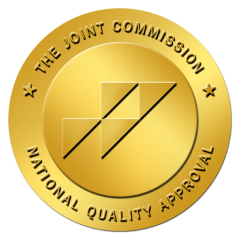You require your candidates to have certain “hard” skills in order to do their jobs effectively. Familiarity with the necessary equipment, knowledge of processes and procedures used on the job, technical proficiencies that are used day in and day out… the list goes on. But these kinds of skills aren’t the only ones that are important. Soft skills are just as useful – you should be looking for them in the hiring process.
Here are a few soft skills to identify during your next round of interviews:
Team Player
With any hire, you want to make sure they’re a team player. Even if a role involves some level of independent work, it’s a safe bet your team members will be working collaboratively at some point or another. You want to hire people don’t just get along with their coworkers, but support and improve the team at large. Be sure to ask about a candidate’s team efforts from their past experience so you can get an idea of how they interact in a group setting.
Organization
Organization is a great quality to have in almost any career path. Organized, disciplined people get the job done right – and they’re less stressed when they’re doing it. From keeping track of multiple requests and requirements to making sure records are kept correctly, organizational skills are a must-have for your top-tier candidates. Work in a few questions about organizational habits when you’re interviewing; you’ll be surprised how much you learn.
Communication
Communication skills go together with the ability to be a team player. When communication breaks down on your team, things start to go wrong. On the other hand, when you employ people who are good communicators, things tend to run smoothly. Ask your candidates how they communicate with coworkers and supervisors when they need help, how they facilitate change through communication, or how they’ve used their communication skills in the past to foster positive outcomes.
Empathy
Sympathy means feeling sorry for someone. Empathy is quite different. Empathy means putting yourself in someone else’s shoes and really trying to understand what they’re going through. And this is a key skill to have in your best employees. Empathetic individuals are better at seeing what’s going on beyond the surface level, ultimately helping to resolve conflicts, diffuse tension, and create a positive work environment for all.
Get Help With Hiring
Turn to Medical Talent when you’re ready to hire your next team member. Contact our talent acquisition team online or call 972-468-9111 to get started.
